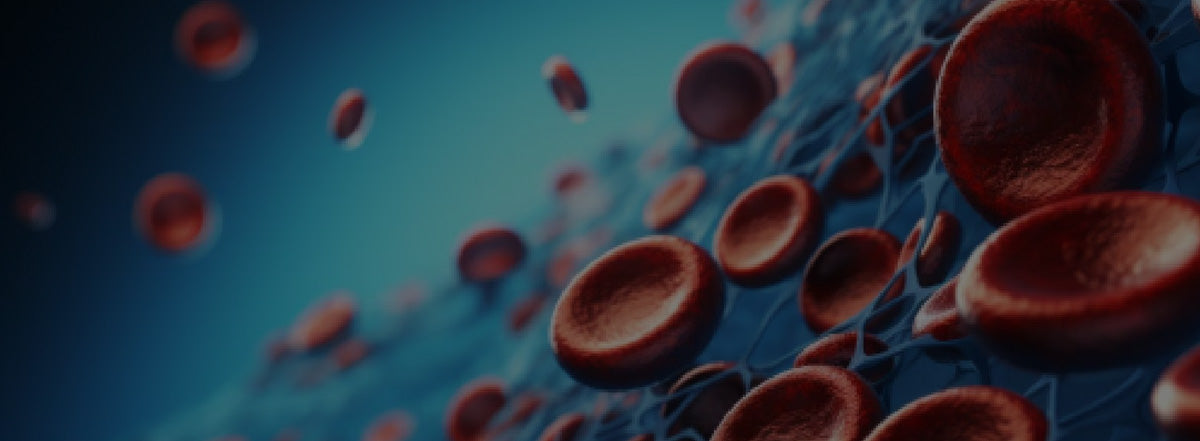Kidney Stones (Ashmari Roga) is one of the Ashta Mahagada (eight grave disorders) in Ayurveda. It refers to the formation of stone-like crystalline structures in the Mutravaha Srotas (urinary system), caused by the vitiation of Tridoshas and Ama Sanchaya (toxin accumulation), leading to pain and obstruction in urinary flow.
Causative Factors (Nidana)
-
Dietary Causes (Ahara Hetu): Excess salty, sour, and pungent foods; oxalate-rich diet; low water intake (Alpa Jala Pana).
-
Lifestyle Causes (Vihar Hetu): Sedentary lifestyle, suppression of urinary urge (Vega Dharana), emotional stress.
-
Dosha Imbalance (Dosha Prokopa):
- Vata: Causes dryness and promotes crystallization.
- Pitta: Increases urinary acidity.
- Kapha: Leads to viscous blockage and stone growth.
-
Agni Dushti & Ama Nirmiti: Weak digestive fire results in Ama, disrupting urinary function and encouraging Ashmari formation.
Signs & Symptoms
-
Severe colicky pain in bladder, lower back, or groin.
-
Mutrakricchra: Painful urination.
-
Mutradhara Sanga: Interrupted urine flow.
-
Rakta Mutrata: Blood in urine.
-
Mutradaha: Burning sensation while urinating.
-
Other symptoms: Nausea, vomiting, anorexia (Arochaka, Chhardi).

Ayurvedic Management at AIMIL Healthcare & Research Center
Our approach is based on the individual's Prakriti, Vikriti, Agni, and causative history. It includes a combination of dietary guidance, lifestyle correction, Panchakarma, and herbal therapies.
1. Dietary Regime (Ahara Chikitsa)
-
Use of cooling, light, and hydrating foods like barley water, coconut water, lauki, and rice gruel.
-
Avoid spicy, sour, fried, and fermented foods. Encourage Ushnodaka Pana (warm water intake).
2. Lifestyle Guidelines (Vihara Chikitsa)
-
Incorporate yoga (Pawanmuktasana, Bhujangasana) and regular walking.
-
Avoid urge suppression, especially for urination.
-
Practice Dhyana and Pranayama to reduce Pitta and stress.
3. Panchakarma Therapy (Shodhana Chikitsa)
-
Virechana Karma: Useful in Pitta-dominant cases; herbs like Avipattikara Churna, Trivrit Lehyam.
-
Basti Karma: Cleansing of Mutravaha Srotas in chronic conditions.
4. Palliative Therapy (Shamana Chikitsa)
-
Pain-relieving herbs: Shunthi, Shallaki, Rasnapanchaka Kwatha.
-
Diuretic herbs: Punarnava, Gokshura, Varuna, Pashanabheda, Yavakshara to support stone expulsion.
5. Ayurvedic Drug Therapy (Aushadha Chikitsa)
-
Chandraprabha Vati
-
Gokshuradi Guggulu
-
Varunadi Kashaya
-
Pashanabhedadi Kashaya
Ayurveda provides a sustainable and natural route for managing Ashmari, focusing on prevention, symptom relief, and root-cause treatment.




